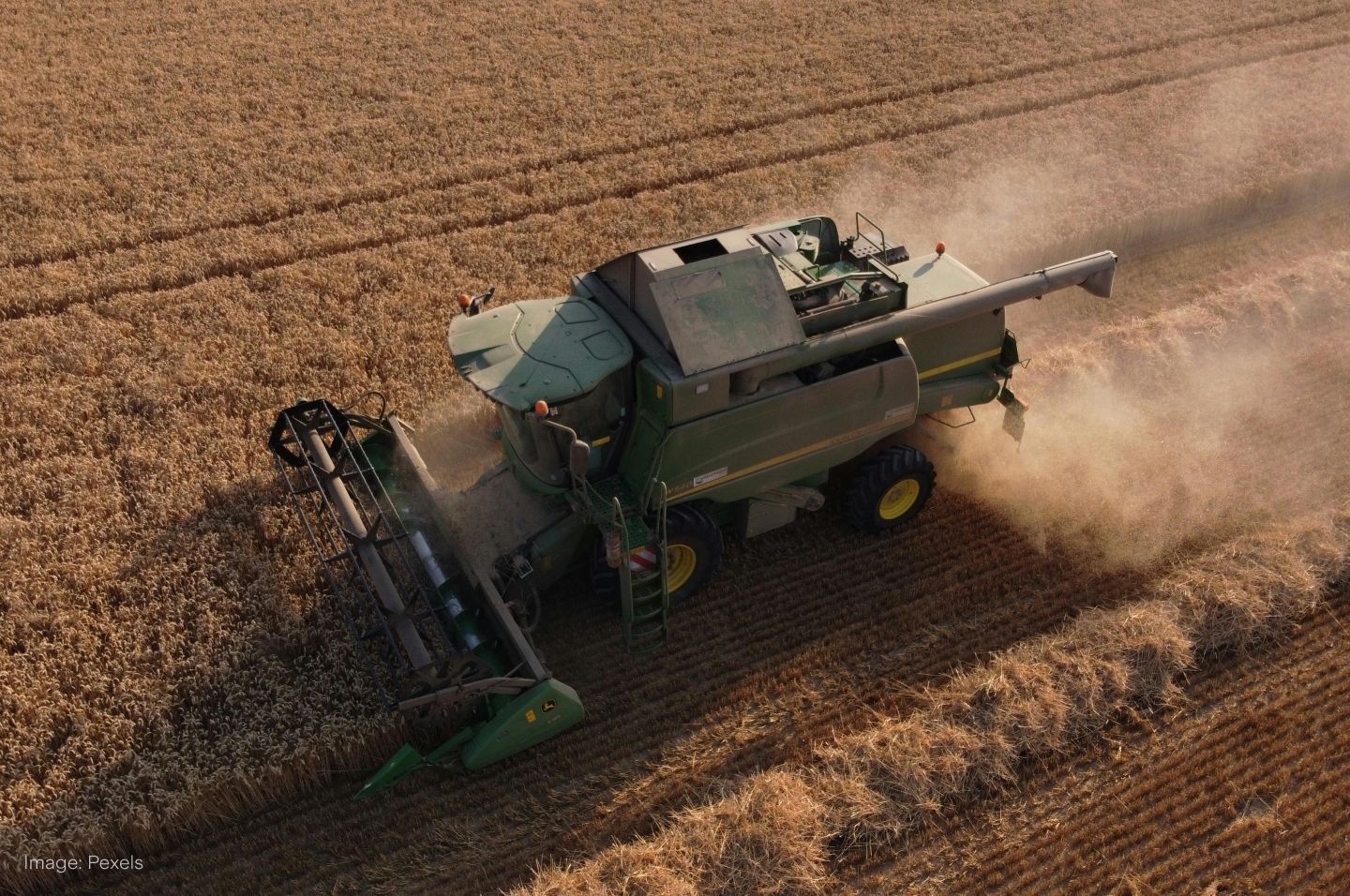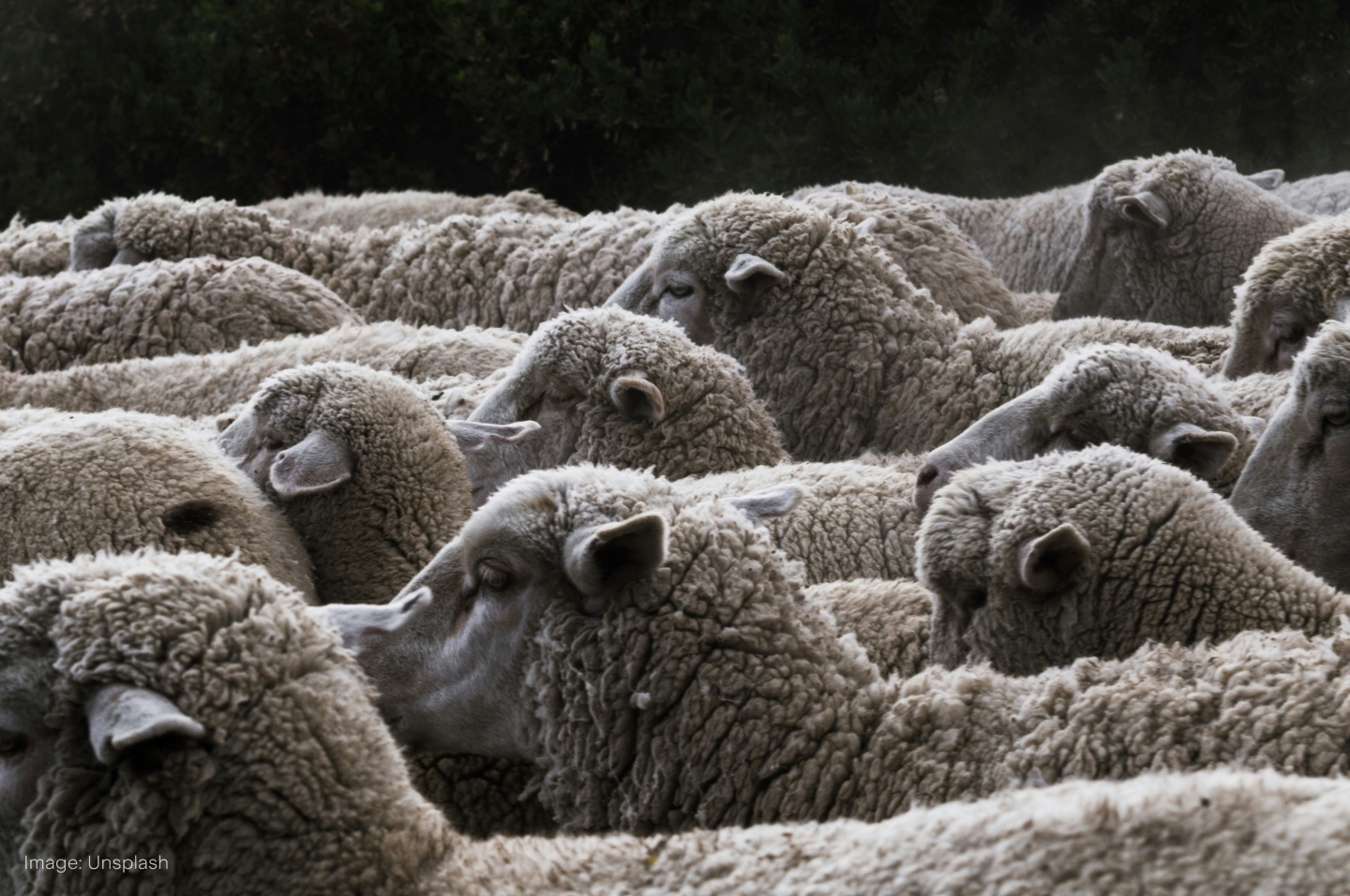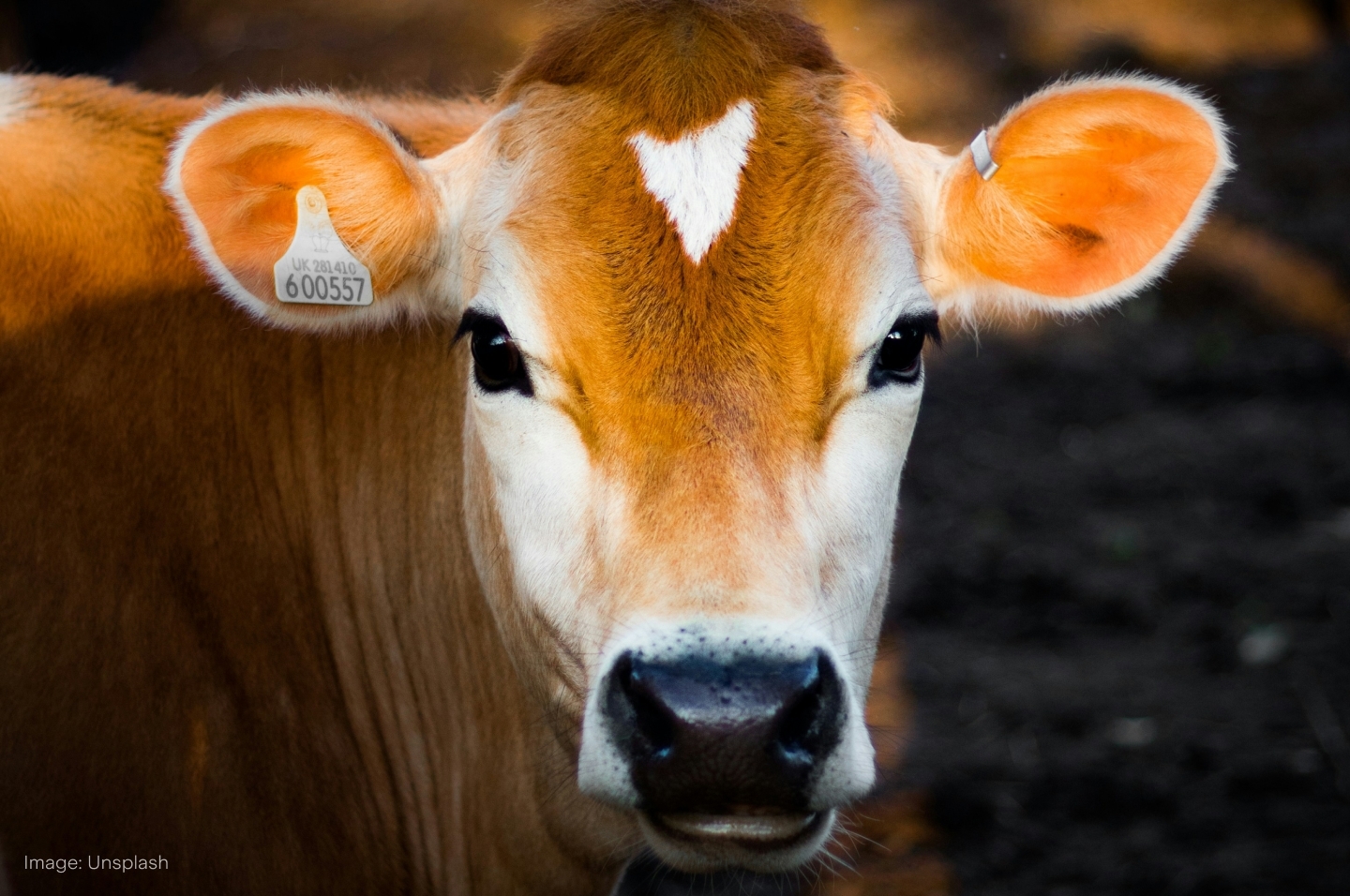
Under the Spotlight AUS: Elders Limited (ELD)
Farmers and rural communities are an essential part of Australia's economy. Companies like Elders have long provided them with products and services. Let’s put it Under the Spotlight.

Trading opportunities are what drew Alexander Elder across the globe, from Scotland to Adelaide. He arrived in 1839, hoping to sell supplies of tar, roofing materials, seeds and agricultural devices. He’d then buy goods such as wool and copper to send back to Great Britain. Over a decade later, his brothers also made the journey and one recognised the farming potential of large amounts of space in Australia’s interior.
With earnings from a copper boom, Elders & Co. expanded into rural areas by acquiring land and entering new businesses. Strengths in shipping and dealing with wool led the firm to establish Adelaide’s first broking facility for the material. Agents collaborated across their country town properties to shear sheep and arrange for the bales of wool to be sold.
Setting up offices across the country, the company’s management grew beyond the Elder family, though their name remained. Wool was central to this growth, even if demand for the material itself was inconsistent; droughts caused flock numbers to fall, and large orders came during wartime for uniforms and blankets. Australia might have been ‘riding on the sheep’s back’ in the 1950s, but the mass production of synthetic fabrics soon saw fashion shift away from wool.

Expanding horizons
In the following decades, Elders ($ELD) would try to diversify by acquiring assets outside the agricultural sector. They came together with jam maker Henry Jones IXL to form Elders IXL in 1982, and took over Carlton United Breweries the next year. After over a dozen purchases, Elders IXL became Australia’s second largest company by market cap in the late 1980s.
However, this peak was short-lived. High debts resulted in a restructuring of the business in the 1990s. Elders was also negatively impacted by the Global Financial Crisis and sold off further parts of the company to rebalance its finances. The company eventually returned to its agricultural roots, after exiting the automotive and forestry segments in 2013.
Elders created its first Eight Point Plan in 2014, which put forward a three-year strategy to generate sustainable earnings and improve return on capital. The company’s arrangements were affected by external pressures on the industry, as technical and digital services replaced the live export unit as one of the eight original points.
By 2017, growing earnings helped Elders reduce debts and pay its first dividend in nine years. The team managed to turn things around, but realised that growth is an ongoing task – the company is now in its fourth iteration of the strategy.
Cultivating opportunities
The company again expanded its reach through acquisitions, such as the 2019 takeover of Australian Independent Rural Retailers to enter the wholesale market. Currently Elders has organised its operations into six segments: retail products, wholesale products, agency services, real estate services, financial services, feed and processing services.
.png&w=3840&q=100)
They sell a range of animal health, crop protection, seeds and fertiliser products. Revenues from these kinds of products are affected by agricultural cycles and weather conditions, whereas real estate and financial services earnings generally appear more consistent throughout the year.
The latter two also cater to metropolitan areas of Australia, and Elders’ 3.34% share of the $167b national real estate market make it the industry’s seventh largest player. The company does still offer specialised services for the agricultural sector, such as insurance for crops and farm vehicles or funding and transit warranty for livestock.
Wool, grain and other livestock fall under agency services, with the company still having an estimated 9.8m sheep and 1.3m head of cattle. Over 350,000 bales of wool were handled by Elders in FY23, and it provides an end-to-end service that brings the material from farms to international buyers. They are working towards building a world-first automated wool handling business, indicating the commodity is likely to remain a key part of Elders’ future.

Future prospects
Elders has changed significantly over its history, but it remains exposed to several risks – and results for H1 FY24 were disappointing. Revenues fell 19% to $1.34b from the $1.65b sum for the six months to 31 March 2023. Underlying earnings per share declined from $0.32 to $0.09 for the period. The firm points to tough seasonal conditions and expectations of an El Niño event dampening sales, alongside lower crop protection and livestock prices.
Elders’ market outlook is tempered, with the potential stabilisation of livestock prices and interest rates helping the business. There are a few greenshoots of higher demand for its financial and property management, as well as feed processing services. However, the weather could still play a major role in the outcomes and much like the stock market, it’s anything but predictable
This does not constitute financial advice nor a recommendation to invest in the securities listed. The information presented is intended to be of a factual nature only. Past performance is not a reliable indicator of future performance. As always, do your own research and consider seeking financial, legal and taxation advice before investing.

Megan is a markets analyst at Stake, with 7 years of experience in the world of investing and a Master’s degree in Business and Economics from The University of Sydney Business School. Megan has extensive knowledge of the UK markets, working as an analyst at ARCH Emerging Markets - a UK investment advisory platform focused on private equity. Previously she also worked as an analyst at Australian robo advisor Stockspot, where she researched ASX listed equities and helped construct the company's portfolios.

